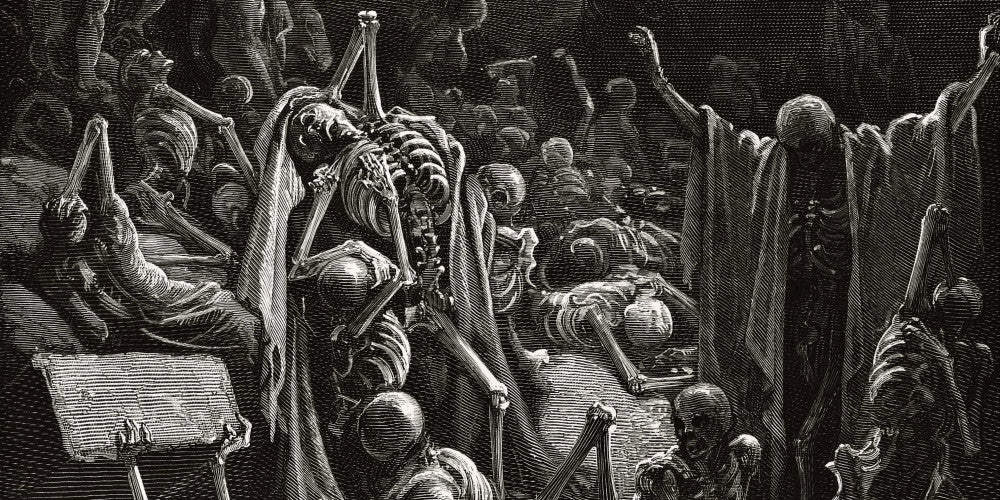The Book of Ezekiel, one of the major prophets of the Old Testament, is of great importance in the Catholic faith. Ezekiel was a priest and prophet who lived during the Babylonian captivity, after Jerusalem and the Temple were destroyed in 586 BC. Ezekiel received powerful prophetic visions that shaped his understanding of God's will for his people. This is how the Catholic Church interprets and understands the Book of Ezekiel:
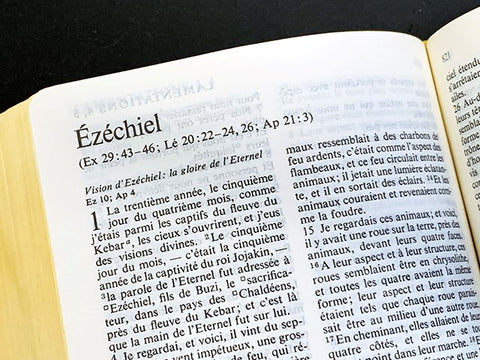
I- Visions and Symbols
The Book of Ezekiel is filled with prophetic visions and mystical symbols that reveal God's will for his people. These visions include symbolic depictions of God's glory, visions of the heavenly chariot, prophecies of Israel's restoration, and warnings of divine judgment.
II- The Prophecy of the Restoration
Ezekiel prophesies the restoration of Israel after the Babylonian captivity. He announces the coming of a kingdom of peace and justice, where God will reign over his people and revive the nation of Israel. Catholics see in these prophecies God's promise to restore and renew his people, even in the midst of trials and distress.
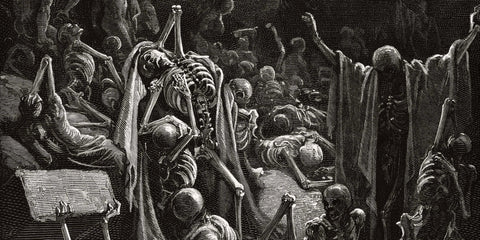
III- The Call to Conversion and Repentance
Ezekiel calls the people of Israel to convert and repent of their sins. He denounces the idolatry, injustice and religious infidelity of the people, calling for a sincere return to God and his commandments. Catholics see this call to conversion as a reminder of the need to live according to the values of the Gospel and to seek reconciliation with God through repentance and contrition.
IV- Prophetic Responsibility
Ezekiel assumes prophetic responsibility with determination and courage. Despite opposition and rejection from his own people, he faithfully proclaims the word of God, denouncing sin and calling for repentance. Catholics see Ezekiel's faithfulness as an example of courage and dedication to God's will, even in the most difficult times.
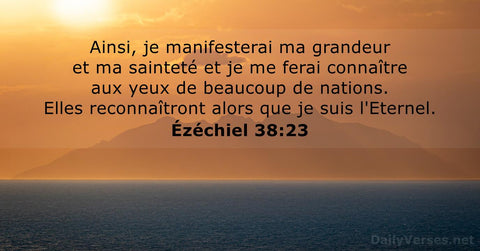
V- The Vision of the New Alliance
Ezekiel prophesies a new covenant between God and his people, characterized by forgiveness of sins, knowledge of God, and reconciliation. This new covenant is foreshadowed in the prophecies of the restoration of Israel and the coming of a kingdom of peace and righteousness. Catholics see in this vision of the new covenant a foreshadowing of the eternal covenant established in Jesus Christ.
VI- The Vision of the Valley of Dry Bones
One of Ezekiel's most famous visions is that of the Valley of Dry Bones, where God brings dry bones back to life, symbolizing the spiritual restoration of Israel. This vision is interpreted as a picture of God's power to restore and renew his people, even in the most desperate situations.
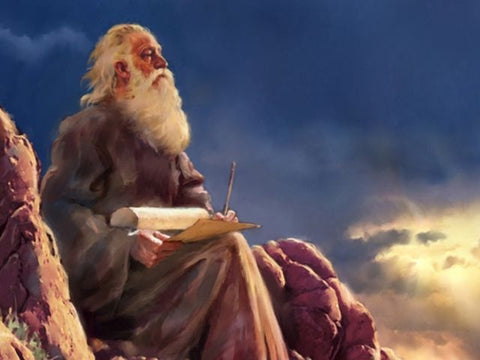
VII- Conclusion: Hope and Divine Fidelity
The Book of Ezekiel remains a powerful testimony to faith, hope and divine faithfulness. His prophetic visions and calls for conversion still resonate today, inviting believers to live by the values of the Gospel and seek reconciliation with God through repentance and contrition. May we, like Ezekiel, have the courage to proclaim God's truth and place our trust in His infinite faithfulness and mercy.





